An interview with Ifrah Ismael: Tales from the Front Line and other stories
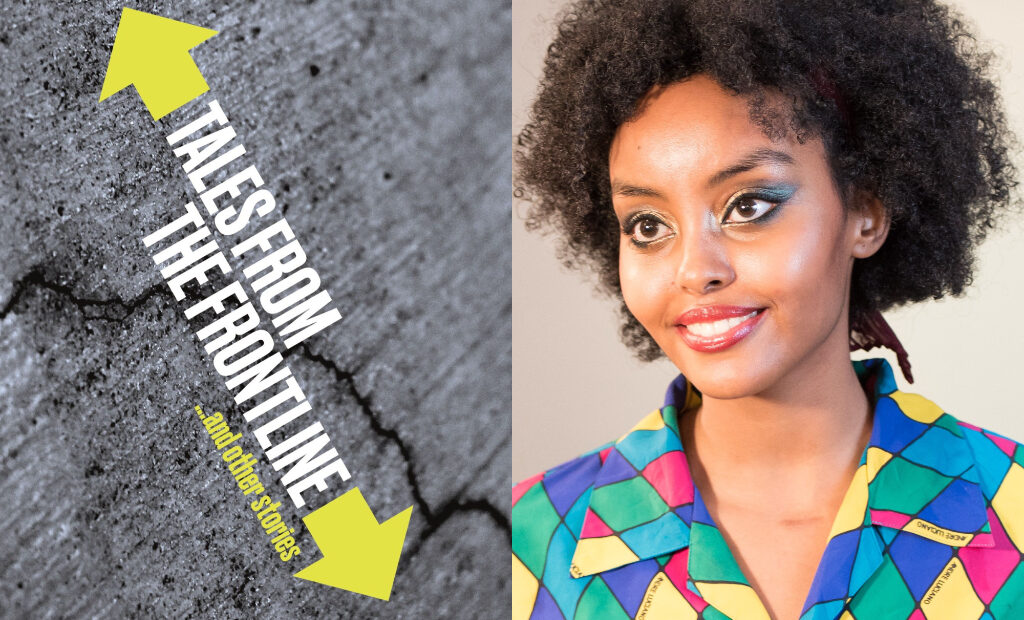
Ifrah Ismail is the recently appointed producer for New Work at Talawa and has been instrumental in developing the personal stories of key workers in Tales from the Front Line.
Each story is a verbatim interview relating the experiences of Black employees, from NHS staff to teachers. Tales from the Front Line offers a voice to those who have been significantly marginalised in the Covid-19 crisis. Uncovering the hypocrisy, furious exhaustion and glimmering potential for a hopeful future, the six short films in this challenging and vital series will be released episodically on Talawa’s website from 30th November 2020.
We discussed the project with Ifrah, her role and the fundamental changes required to put an end to systemic racism and prejudice.
Hi Ifrah, thank you for taking the time to do this interview with us. Could you tell our readers how the team came up with the idea for this project?
Well, the idea came to Michael Buffong, our artistic director. When he discussed it with us we all realised that the people who had been demonised by the racist rhetoric of Brexit and the actions against the Windrush families – Black people – were also the frontline workers dealing with Covid. There was no Black representation in terms of frontline workers on the news.
We all agreed that we had to record what was happening, who was on the front line, get their testimonies, their thoughts and feelings, and record it so their contribution would not be erased.
What were the essential aspects of this project and your role in it?
The main parts of my role involved training facilitators who interviewed participants, supporting all artists involved, and providing hands on support during shoots. It also involved lots of listening to interviews, transcribing them and identifying extracts to use.
Were there any particular testimonials that surprised you?
In Part Two, I was really surprised by the high numbers of Black men in the mental health ward, and how they were treated. It makes you wonder about everything that led to their admissions to the hospitals and what’s behind the high numbers.
There are six films in total being released episodically online. Did you have any setbacks in the creative process?
As you can imagine, the changes in tiers made it tough to plan any shooting. We also had to suspend shoots when actors were shielding, which was also tricky. Alison Holder was excellent at shifting plans at the drop of a hat and making sure everything was safe.
How do you think your role as dramaturg and facilitator outside of Talawa impacted this project?
I would say, probably more notably, my work as a participant impacted my approach to this project. I was involved in a verbatim theatre production with a fantastic company called You Should See the Other Guy. It was drawn from our personal experiences struggling in the social housing system. Having experienced the other side, I was conscious of our responsibility to sensitively care for the workers and their stories. We made sure they felt comfortable with what they shared and carefully considered their thoughts throughout.
Why did you choose a total of six stories to be dramatised?
Although we interviewed more than six participants and had an abundance of material, we had to be realistic about how many we could manage to make. We hope the stories we’ve chosen represent a diverse range of perspectives. There are many, many more hours of powerful accounts, which may have another life in the future. For now, we’ll keep them safe.
Did the participants naturally open up about their experiences?
Most of them did. The interviewers were initially very nervous about imposing on the key workers, but they were surprised by how cathartic the participants found opening up and sharing their experiences. They really warmed to one another and, listening to the recordings, I was taken aback by both the candidness and courage of the key workers.
The pandemic and the murder of George Floyd compelled you to start examining people’s experiences. Were there any other factors?
We decided to start this project when it was starting to become evident that Black people seemed to be at greater risk of Coronavirus – yet Black faces weren’t seen in the papers among the photos of nurses.
Do you envisage this project being somewhere between activism and art?
Definitely. I’ve heard the term “artivism”, which might be a good fit: it’s hard to define where one ends and the other starts. Hopefully the films show a good blend of both.
To what extent do you feel the pandemic and awareness of the Black Lives Matter movement this year has raised the collective consciousness of these social issues?
It definitely feels like collective consciousness has hit the roof. Last year was a year like no other, now there’s a little feeling of “Wait, but what next?”. How do we continue the conversation about BLM when it’s no longer trending? I’m hopeful that this hasn’t been a blip. As a community, it’s important that we all take careful note of what has happened, to make sure that, when all is well and done, nothing is forgotten. These videos are just one form of testimony.
What paths do you see in converting awareness of racial bias and systemic racism into tangible change?
One way is by challenging ourselves to recognise our unconscious biases and tackle those head on. At Talawa we run unconscious bias training, and this provides a method and approach to help to create systemic change by enabling people to own it.
The work seems to explore long-standing issues, for instance chronic underfunding of public services such as the NHS and micro aggressions that exist everywhere. Do you see the unique events of 2020 as being a catalyst for addressing these concerns?
Definitely. We’ve had a year where we have had a little extra time to think about it all. We can’t go out, so we observe, and we think. Now, it’s time to act.
Selina Begum

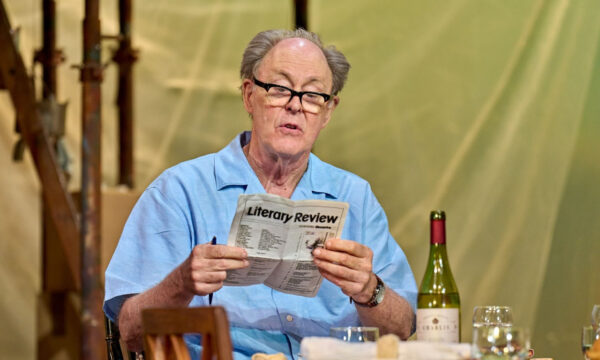
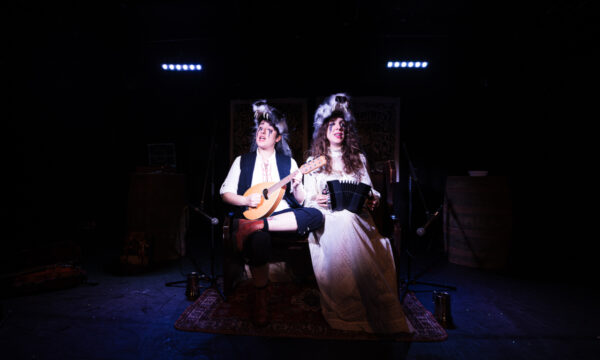
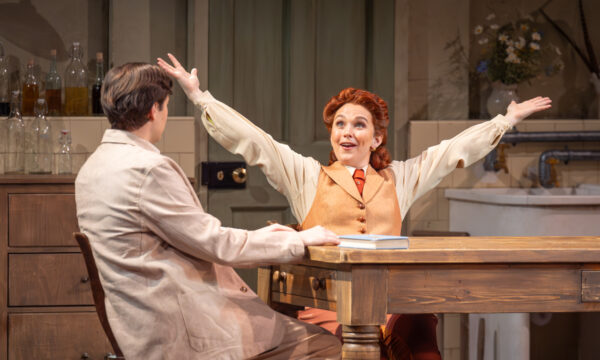
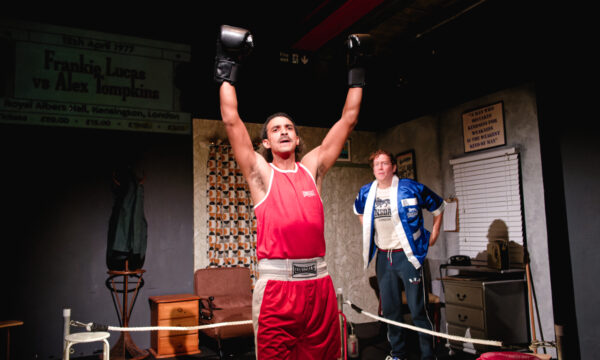
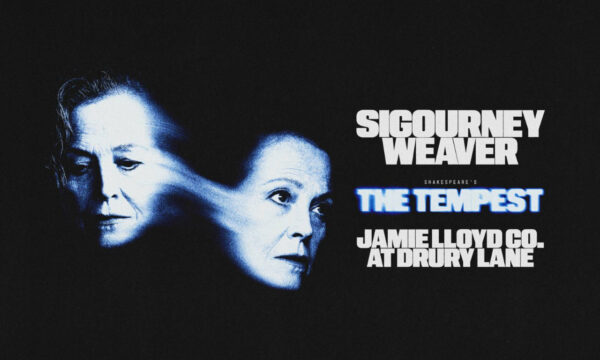
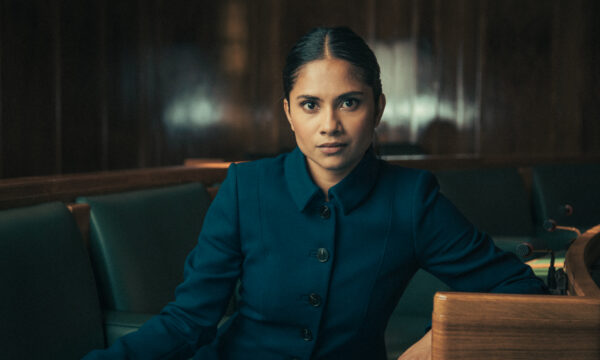
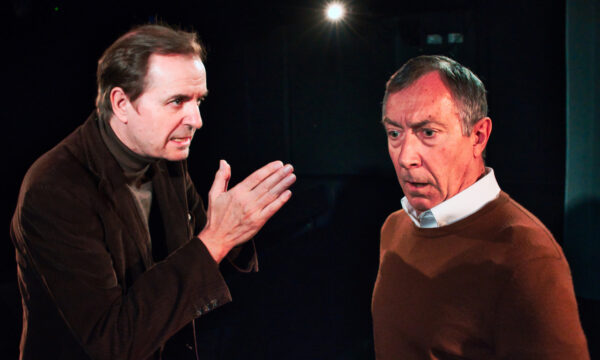
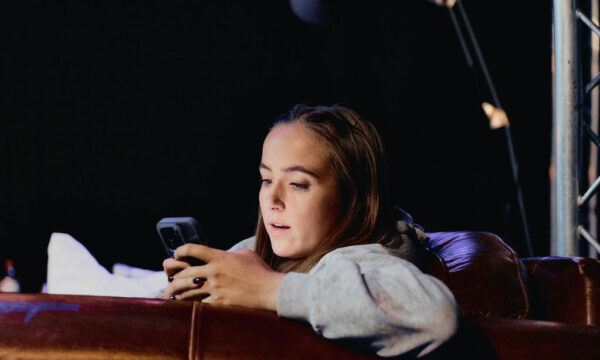
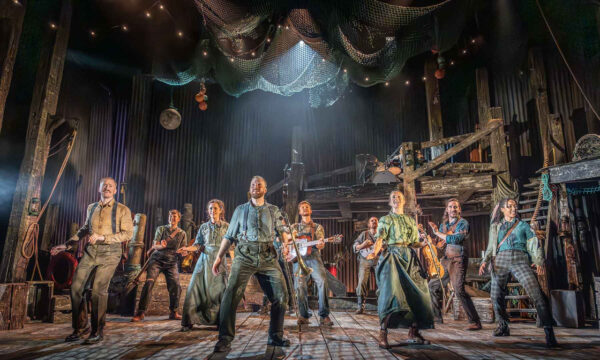










Facebook
Twitter
Instagram
YouTube
RSS